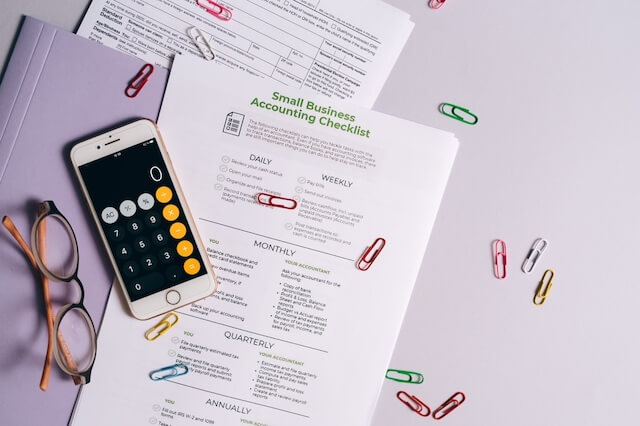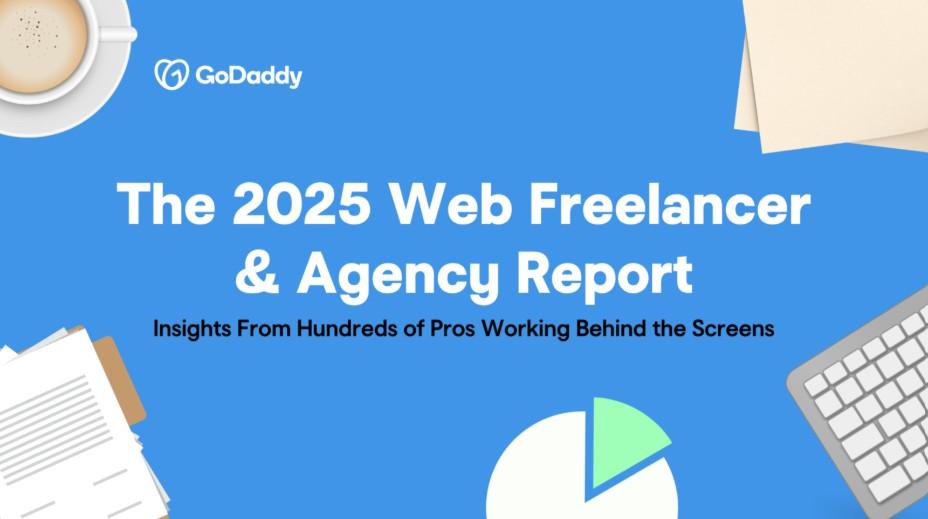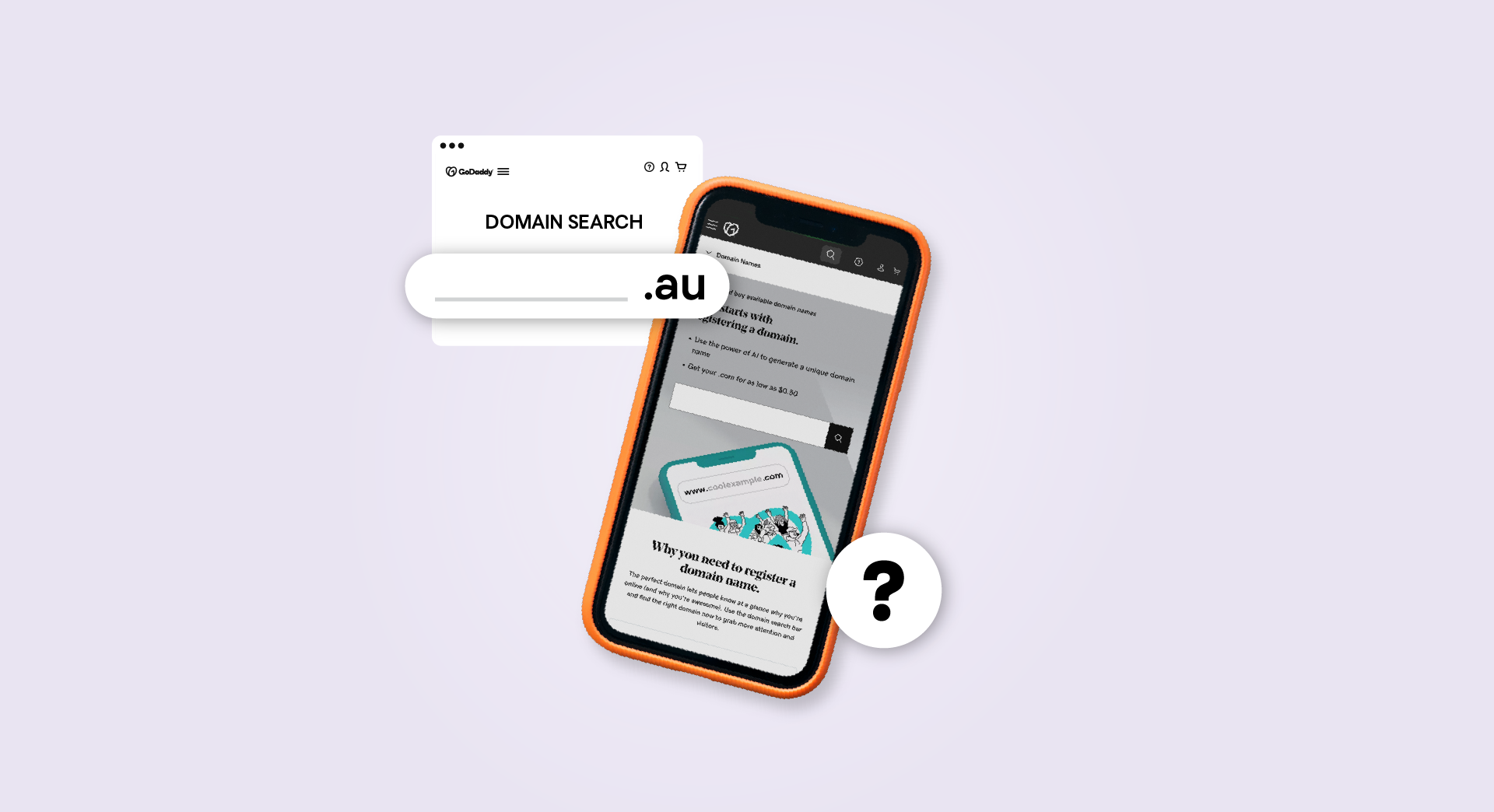If you’ve heard of the saying ‘cash is king,’ you’ll know that when it comes to running your own small business, it’s a fact. You need cash to pay your:
- Expenses
- Employ staff
- Purchase materials and equipment
- Meet your tax and superannuation obligations as an employer
Without cash flowing into and out of your business, your business could suffer. Knowing the financial position of your business on any given day is not only smart and helps you plan for the future, but it could help protect against financial ruin.
Expenses
Too many expenses might cause your business to run into negative cash flow. This means that more cash leaves your business than comes in. At the opposite end is when you have more money coming into your business than you spend. This is known as positive cash flow.
The expenses your business will incur will come from many avenues, including:
- Rent
- Marketing
- Wages
- Capital equipment
- Taxes
Setting up a cash flow statement that you regularly update and use will help you manage your positive and negative cash flow.
A quick tip on tax expenses
Taxes are one expense that we see swept under the carpet time and again. This expense will never go away and the more you hide from it, the larger and bigger problem you will have in the end.
When managed properly, however, tax is the smartest tool to use to your advantage.
Tax is a business expense that can be reduced when it is managed properly. It’s best to be organised rather than reactive. Tax planning strategies help you reduce your obligations, as well as save over-paying when you don’t have to. MYOB Business helps you automatically track what you owe, so you can see all your financial details at a glance.
Look for ways to save
Knowledge is power. If you keep on top of your tax obligations, you'll find plenty of opportunities you might not otherwise be able to take advantage of. These could include:
- Government schemes
- Tax offsets and concessions
- Grants
Continue to keep yourself informed, so that you’re always updated on the latest incentives.
Taxes and planning
When your business earns an aggregated turnover of $75,000 per annum, you’ll need to register to collect the Goods and Services Tax (GST) and lodge a Business Activity Statement (BAS). You can do this either monthly, quarterly or annually, depending on your turnover.

There are other taxes that your small business may be obligated to pay and that should be included in the expenses section of your cash flow statement. These taxes are:
- Company tax
- Capital gains tax (CGT)
- Fringe benefits tax (FBT)
- Pay As You Go Withholding (PAYG)
- Goods And Services Tax (GST)
- Fuel tax credits
- Wine equalisation tax
- Luxury car tax
- Payroll tax
- Land tax
A tax advisor will look at your businesses cash flow and set up strategies to ensure you’re minimising the taxes you’re obligated to pay, and also make sure you’ll have enough in your bank account to cover your tax bill.
Related: Does your business need to register for GST?
Some of the ways in which a business may minimise taxes include:
- Maximising tax deductions
- Prepaying some expenses
- Taking advantage of depreciation measures
- Expensing items
- Reviewing and postponing invoices
- Using your superannuation fund and making extra contributions
- Reviewing debtors and writing off debts
- Deducting start-up costs
- Bringing forward invoicing
- Purchasing equipment instead of leasing
- Claiming tax losses
- Accounting on a cash versus accrual basis
- Setting up a new business structure
- Making sure you’ve accepted all eligible government schemes made available during the year
Talk to your tax advisor to strategize the best plan of action for your business needs.
Related: Do you really need a separate business bank account?
Tax deductions
It’s not all doom and gloom. The simple fact that you pay taxes means that you can claim back some of your expenses to lower your tax bill.
Understanding what these expenses are and how you go about claiming them can save you hundreds, if not thousands, of dollars.
The ATO states that you and your business have the right to plan and reduce your taxes. So much so that hiring a consultant or a bookkeeper, as well as the costs of managing your taxation affairs, is considered a tax deduction.
Additionally, consultants and bookkeepers also offer an effective tax planning strategy and expert advice to help you save on a range of tax obligations.
Types of tax deductions you can claim
There are several tax deductions your small business may be able to claim. Check out the following examples to see if you can apply them to your tax plan:
- Cost of setting up your website
- The annual cost of your domain name
- Claiming marketing and advertising services, software and capital items you’ve had to purchase
- Motor vehicle expenses
- Working from home expenses
- Travel expenses
- Use of machinery, tools and computer
- Phone and internet charges
- The costs of managing your finances and tax affairs
The ways in which each business can plan for and reduce tax are unique. It’s not a one-size-fits-all strategy. All businesses will have a different range of expenses that depend on:
- What and how they operate with
- Types of products and services offered
- Staffing or contractor arrangements
- Capital equipment purchased
Your best bet is to find out exactly what you can claim.
Costs of business
The cost of doing business is categorised as fixed and variable expenses. Both are something you can claim on your taxes. Let’s breakdown each one below:
- Fixed costs are expenses such as rent, mortgage payments, insurances, property taxes, interest expenses and depreciation. You’ll need to pay these expenses regardless of sales.
- Variable costs depend on sales and will vary in proportion. Examples of variable costs include raw materials, shipping expenses, direct labour costs and utility costs. They will rise as production increases and fall with any decreases.
Both fixed and variable costs will incur GST and might attract other taxes. These should be factored into your negative cash flow for your business.
Track your incomings and outgoings regularly when you’re starting up to understand fluctuations.
This will help you understand shifting expenses. After running your business for a while, you’ll get a better idea of the fluctuations and seasonal changes that may affect your sales and costs.
Time
Staying on top of your cash flow means that you’ll need short-term and longer-term data. A good cash flow plan incorporates your annual projected income and expenses, as well as data you can track during the following timeframes:
- Half-yearly
- Quarterly
- Weekly
Depending on your business requirements, you may need to take season changes and patterns into consideration (including one-off events like fires or floods).

There are no strict rules. But as your business grows and builds, you’ll need to keep track of your cash flow. Don’t forget to factor in differences in cash-to-cash cycles, or if you buy and sell on credit.
Record keeping
Accurate and up-to-date record keeping is a must for tracking cash flow. Good business decisions can only be made with accurate data. A good software program like MYOB Business will go a long way to helping you keep current. Find out more here.
Tax deductions can only be claimed if you have the records to prove your expense.
Staying on top of your business records will provide you the proof you need to the ATO. These could include:
- Invoices
- Receipts
- Contracts
- Tax invoices
The ATO can also ask to see your business records for up to five years if you’re audited. However, records can be kept electronically if they’re a clear and accurate representation of the original.
Need help? Consider hiring a tax accountant
Tax accountants are not just about tax but offer a range of insight based on your financial data. A good tax accountant will offer feedback and insight into the current financial state of your business, as well as review your business’s year-to-year performance. They will:
- Offer advice on trends
- Earmark areas for improvement
- Suggest ways your business can reduce costs
Their expert advice is worth the investment when it comes to strategizing a good tax plan that fits your small business needs best.
This content is for educational purposes and should not be construed as legal or tax advice. Always consult an attorney or tax professional regarding your specific legal or tax situation.







